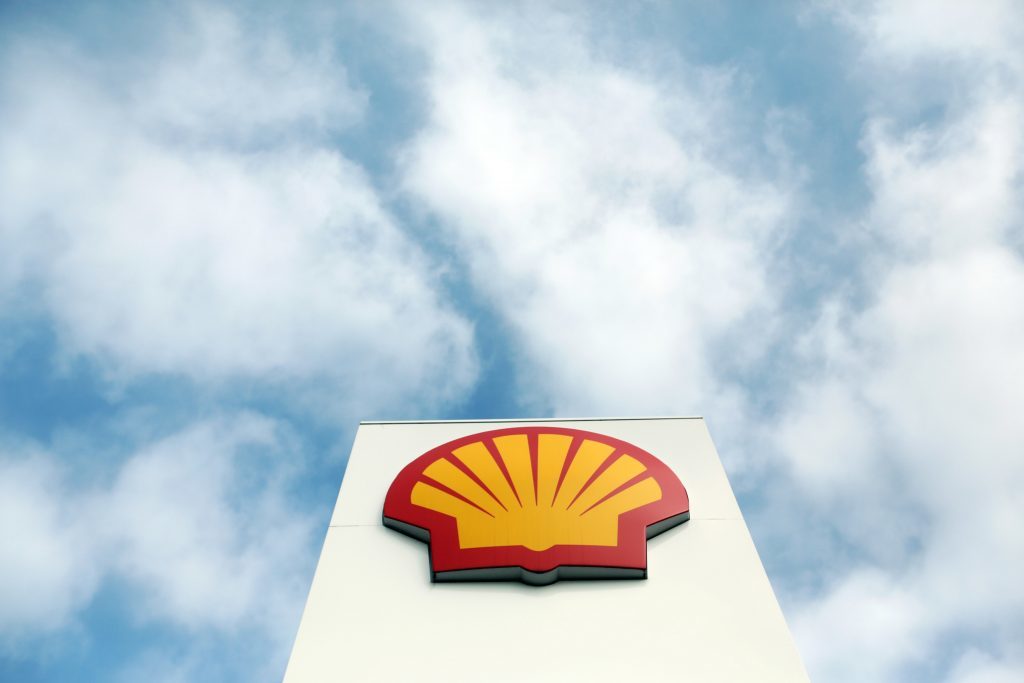
Energy giant Shell has reported an increase in pre-tax earnings of £1.3billion for the start of 2018.
The firm’s first quarter income before taxation was £5.9billion, up from £4.6billion for Q4 of 2017, and £2.3billion in Q1 last year.
Shell says the earnings were underpinned by stronger oil and gas prices, along with improved profitability in the upstream business.
The energy giant also pointed to its CCS earnings (current cost of supplies) of £3.8billion, up from £2.7billion in Q1 of 2017.
First quarter oil and gas production was 3,839 thousand barrels of oil per day, a two percent increase on the same period in 2015
That figure is down by five percent on the same period last year, mainly due to divestment of assets in the North Sea, Canada and Gabona however Shell says that has been partly offset by new fields ramping up.
During the quarter, the oil giant announced one of its largest US Gulf of Mexico exploration finds in the last decade from the Whale deep-water well, with the discovery under evaluation.
It also won a number of exploration blocks in Mexico and Brazil.
However, the energy super-major said that plans from the Dutch government to reduce production from the Groningen gas field by zero by 2020 will reduce Shell’s proven reserves by half a billion barrels of oil equivalent this year.
Shell stated that strength in the upstream business was not met downstream, with “less favourable refining market conditions and lower contributions from trading” impacting its earnings.
Chief executive Ben van Beurden said: ““Shell’s strong earnings this quarter were underpinned by higher oil and gas prices, the continued growth and very good performance of our Integrated Gas business, and improved profitability in our Upstream business.
“Less favourable refining market conditions and lower contributions from trading impacted the earnings of our Downstream business.
We continue to upgrade our portfolio through performance improvement, new projects, divestments and the development of new businesses.
“Competitiveness and resilience – now and through the energy transition – are key features of our world-class investment case.
“We have a strong financial framework. Our commitment to capital discipline is unchanged, we are making good progress with our $30 billion divestment programme and our outlook for free cash flow – which covered our cash dividend and interest this quarter and over the last year – is consistent with our intent to buy back at least $25 billion of our shares over the period 2018-2020.”
A first quarter 2018 dividend has also been announced of $0.47 per ordinary share.

